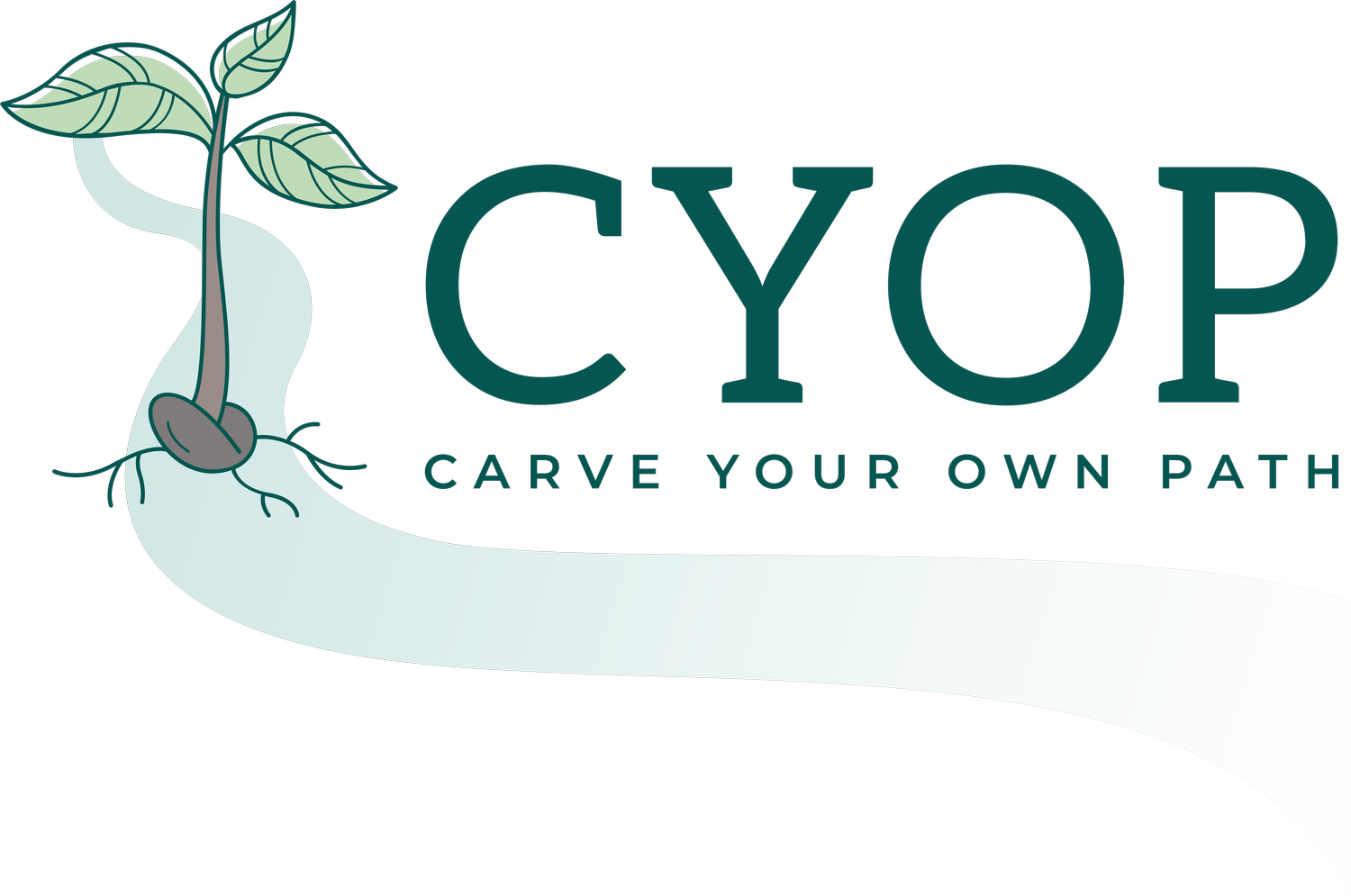Becoming an Ally for Change
In today’s world, so many young people are coming out as members of the LGBTQIA +. This is cause for celebration. To celebrate those that have begun their journey to being their true selves and decided to share with their family, friends and others. Unfortunately, in todays world, this is often not how it goes. Instead, these young people often face criticism and hatred from not only strangers, but their family, parents, & friends. If you are struggling to support your LGBTQ child or loved one, follow these key concepts.
Lead With Love
For some, this will be the natural response. For others, long-held beliefs may get in the way of being able to respond positively and supportively. As best as you can, however, remember this: No matter how easy or difficult learning about your child’s sexual orientation or gender identity is for you, it probably was difficult for them to come out to you. And, while saying “I love you” is one obvious way to express your love for your child, if you find yourself at a loss for words, as many of us do sometimes, a hug can speak volumes.
Learn the Terms
What is sexual orientation? What does it mean to be “bisexual”? Learning the language is a great way to start having important and sometimes challenging conversations. Of course, like every other human on the planet, you will likely make a few mistakes along the way–and that’s okay! Own it, apologize, move on, and work to do better next time.
Remember That Your Feelings Are Valid
There is no one way to react to learning that your child or a loved one is LGBTQ. Some feel happy that their child opened up to them, relief that they know more about their child and can support them, or joy that their child is confident in their self-awareness. Others may have more difficult or complex emotions, such as fear, guilt, sadness, or even anger. These are all normal feelings…and you may experience some or all of them simultaneously.
Participate in Ally Training
The Trevor Project offers cultural competency training to create dialogue around encourage support for the LGBTQIA + community. This training can help parents and others learn how to become an ally for those they love. Follow this link to The Trevor Project to learn more: https://pflag.org/resource/parents-comingout/
Final Takeaway
Being able to support your child and loved ones through their journey of becoming their true selves takes time, love, and dedication but following these key concepts will allow you to help your child develop a positive self-image and live a fuller life.
References & Additional Resources:
Parents: Quick tips for supporting your LGBTQ kids-and yourself-during the coming-out process. PFLAG. (2023, October 5). https://pflag.org/resource/parents-comingout/
Public education ally training. The Trevor Project. (2024, May 8). https://www.thetrevorproject.org/ally-training/
The PFLAG National Glossary: LGBTQ+ terminology. PFLAG. (2024a, March 26). http://www.pflag.org/glossary
Behaviors of supportive parents and caregivers for LGBTQ youth. The Trevor Project. (2024a, July 15). https://www.thetrevorproject.org/research-briefs/behaviors-of-supportive-parents-and-caregivers-for-lgbtq-youth-may-2022/
Tesch, D. (2023, June 6). Learn what your LGBTQ+ child needs from you. HealthPartners Blog. https://www.healthpartners.com/blog/how-to-support-your-lgbtq-child/
